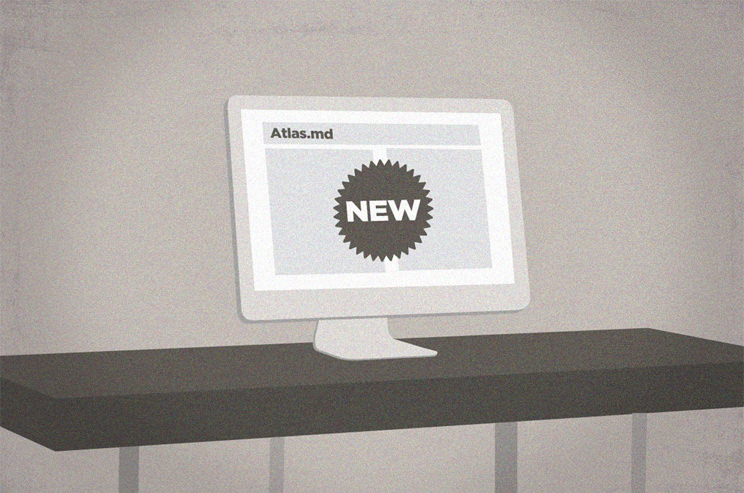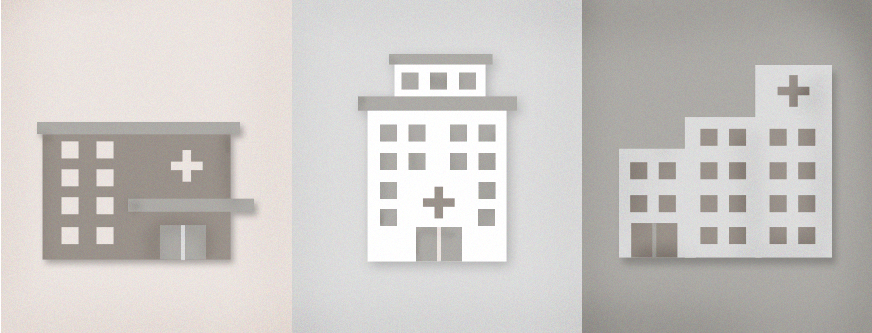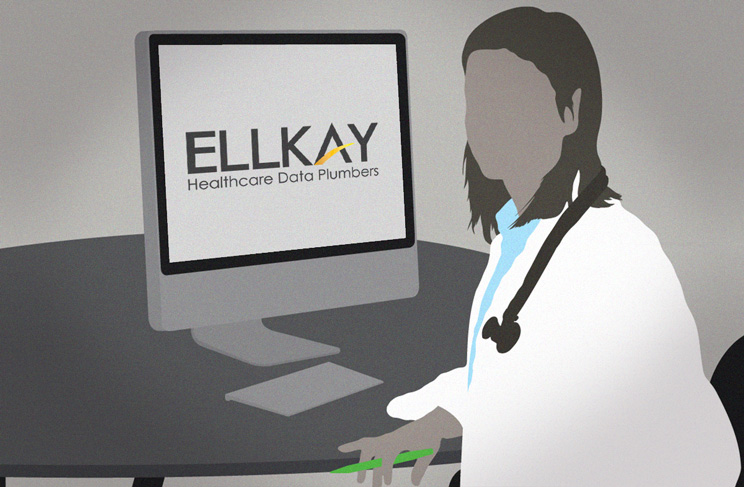 Smarter Exporting
Smarter Exporting
When you’re sharing patient details, you now have the option to specify the date range for what you’re exporting, printing or emailing. Just select “custom date range” from the date range dropdown and select your start and end dates. Read about it here.
When you’re exporting data for multiple patients you can now include Health Maintenance data in the export. This’ll make it easier to review possible targets for exams, physicals, etc. since you can quickly sort your Excel file by ‘exams’ for example. Get the details over here.
Labs Updates
On the Recent Labs Results dashboard widget, you can now mark a notification as “read,” so only the info that still needs your attention is front and center.
Now you can email out Custom Lab results the same way you can email out other attachment files! Just click the “email” icon when you hover over the note in the stream.
Did you accidentally request a lab wrong? Now you can delete them in Atlas so you can keep a tidy and accurate chart. Deleting the request won’t change anything on the Lab’s end, though – you’ll still need to deal directly with them for anything that might have already been processed.
Macros!
Introducing Shared Macros! Now you can create a macro and share it with everyone else on your account. You can edit an old macro to be sharable moving forward, or create brand new ones to share with the team. Learn how to manage shared macros over here.
It wouldn’t be a features release if we didn’t have a few new macros to talk about, right? We’ve added a new macro for Contacts: #contact, and new macros for patient age and gender: #patientage #patientgender. Review the full list here!
Faxing Updates
Now your real fax numbers displays on the caller ID, which means the pharmacies whose heads explode at the sight of an unfamiliar fax number coming through on prescriptions can rest easy. Does your practice have multiple locations? No problem, the caller ID will respect the location sending the fax.





